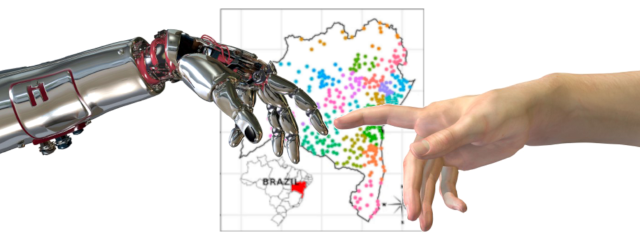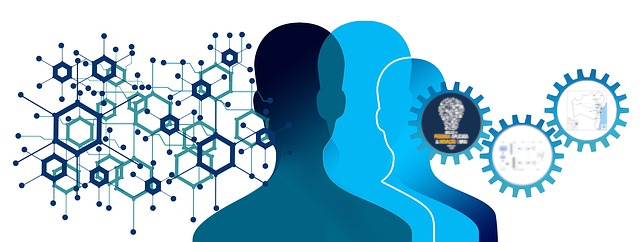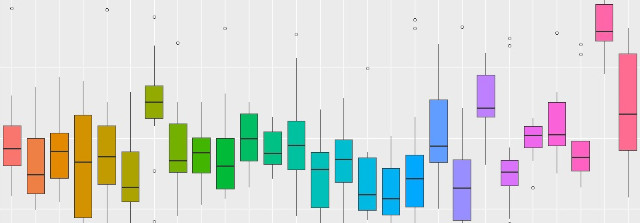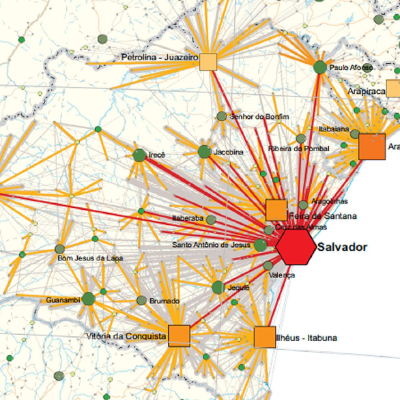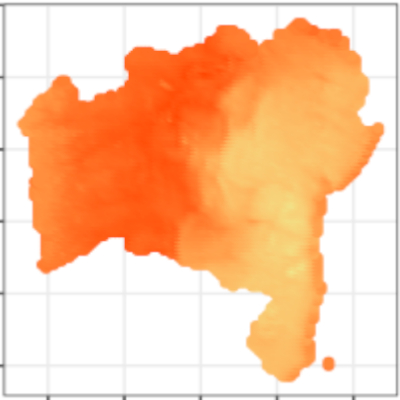The major challenge we face today in the energy sector is to meet the growing demand for electricity with less impact on the environment. South America is an important player in the renewable energy resource. Brazil accelerated the growth of photovoltaic installed capacity in 2018. From April of 2017 to April of 2018, the capacity increased by 1351.5%. It is expected to reach the value of 2.4 GW until the end of the year. The new Chilean regulation requests that 20% of the total electricity production in 2025 must come from renewable energy sources. The aim of this paper is to establish time series behavior changes between El Niño Southern Oscillation and the solar radiation resource in South America. The results can be used to validate the measured data of energy production for new solar plants. The method used to verify the behavior of the time series was the Detrended Fluctuation Analysis. Solar radiation data were collected in twenty-five cities distributed inside the Brazilian solar belt, plus six cities in Chile, covering the continent from east to west, in a region with high potential of solar photovoltaic generation. The results show the impact of El Niño Southern Oscillation on the climatic behavior of the evaluated data. It is a factor that may lead to the wrong forecast of the long-term potential solar power generation for the region.
AUTHORS:
Thiago B. Murari, Aloisio S. Nascimento Filho, Marcelo A. Moret, Sergio Pitombo, Alex A. B. Santos
Keywords:
solar radiation; DFA; photovoltaic energy plant; ENSO

